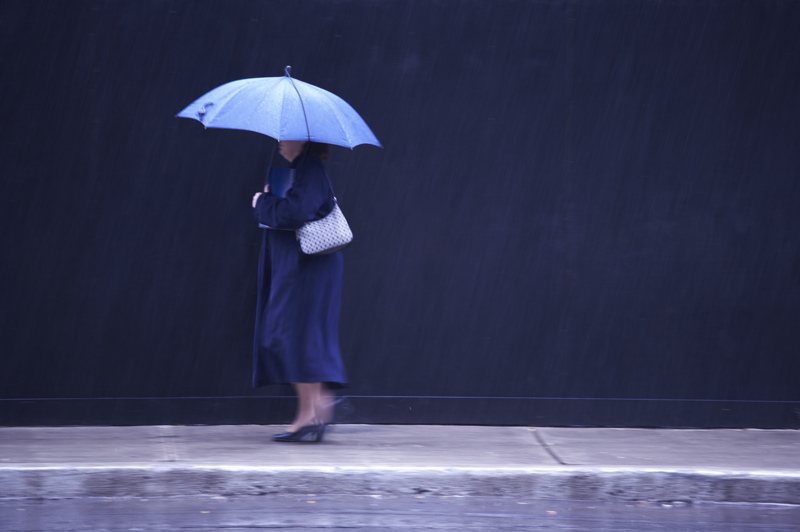THURSDAY, June 23, 2016 (HealthDay News) — With high temperatures moving across the United States this weekend, one emergency medicine specialist warns of the health dangers posed by the heat — and offers advice on how to keep cool as the mercury rises.
“Although preventable, many heat-related illnesses, including deaths, occur annually. Older adults, infants and children, and people with chronic medical conditions are particularly susceptible. However, even young and healthy individuals can succumb to the heat if one does not take appropriate precautions,” said Dr. Barry Rosenthal, chair of the department of emergency medicine at Winthrop-University Hospital, in Mineola, N.Y.
He outlined how to reduce the risk of heat-related illnesses during hot weather. One of the best ways is to be in an air-conditioned building. If your home doesn’t have air conditioning, go to a cooling center or an air-conditioned public place such as a library or shopping mall.
Wear loose, lightweight and light-colored clothing, wear a hat or use an umbrella, and apply sunscreen to any exposed skin. It’s also important to drink plenty of water in order to stay hydrated. Avoid alcoholic, caffeinated and sugary beverages, Rosenthal advised.
Ask your doctor or pharmacist if any medications you’re taking increase your risk of heat-related illness. For example, diuretics (water pills) can pose a risk during hot weather. If you’re taking a medication that ups the risk of heat-related problems, ask your doctor if there are additional steps you need to take to reduce the risk.
If possible, limit strenuous outdoor activity and exercise to early morning or evening, when temperatures are lower. Monitor local news and weather channels or contact your local public health department during extreme heat for health and safety updates.
Check on people who are at increased risk for heat-related illnesses, such as elderly loved ones and neighbors.
“At first signs of heat illness — dizziness, nausea, headaches, muscle cramps — move to a cooler place, rest a few minutes, then slowly drink a cool beverage. Seek medical attention immediately if conditions do not improve,” Rosenthal said.
More information
The U.S. Centers for Disease Control and Prevention has more about extreme heat and health.
Copyright © 2026 HealthDay. All rights reserved.

